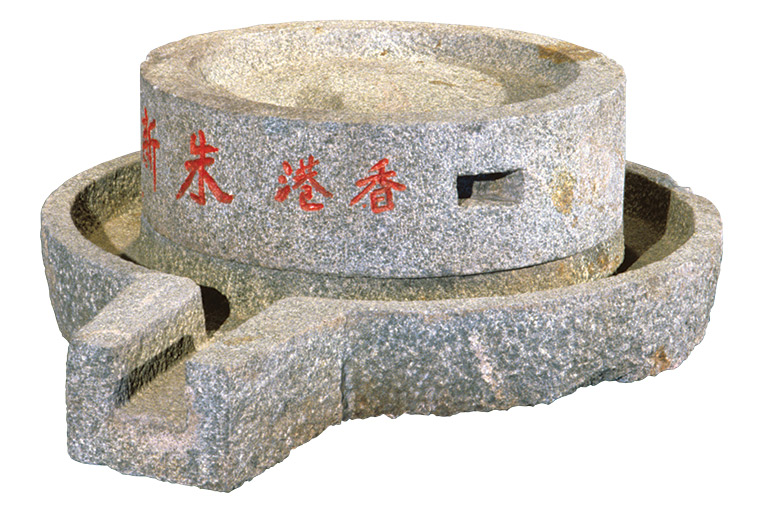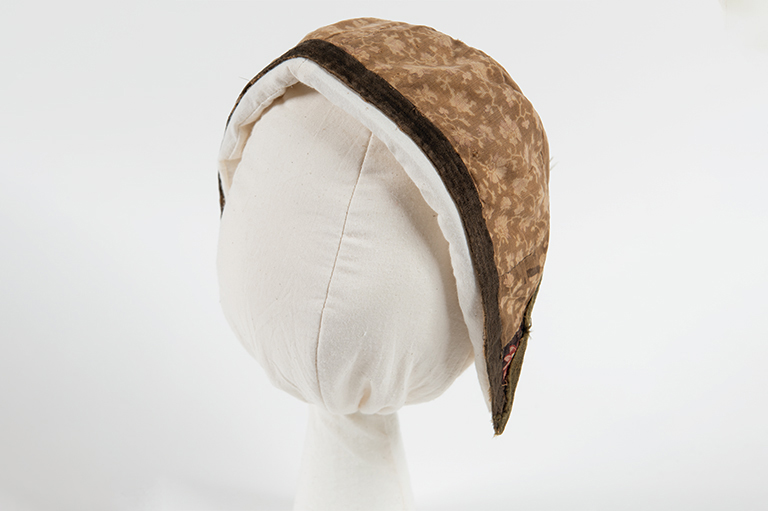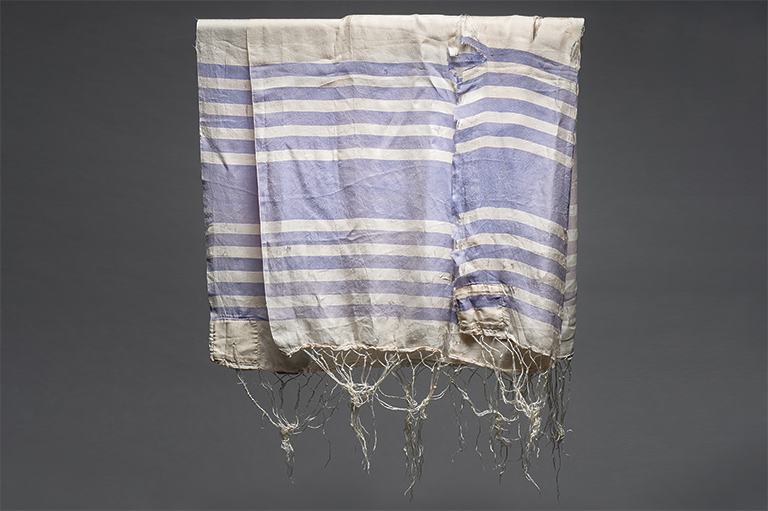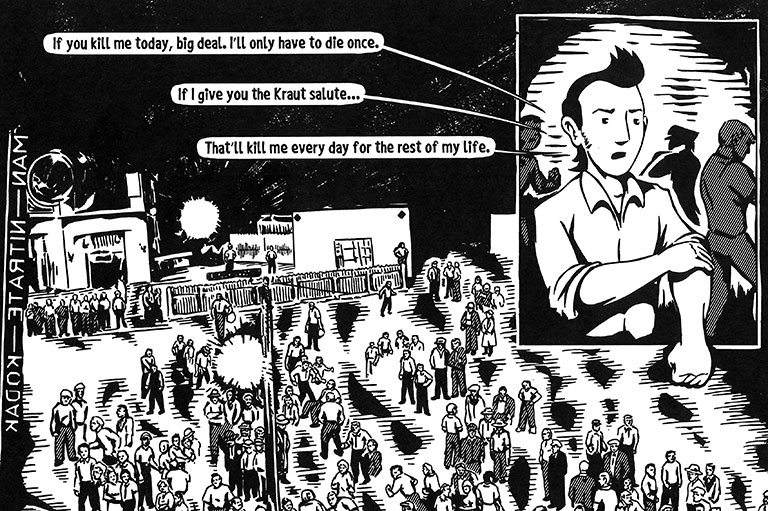Basque Fisherman's Harpoon
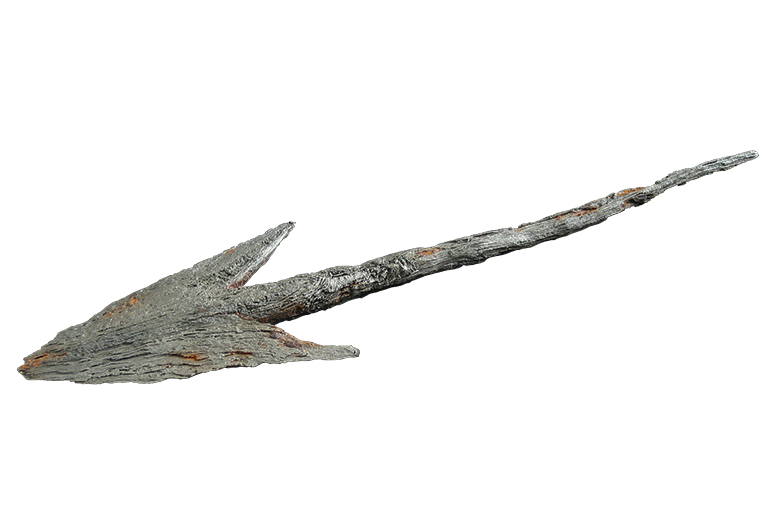
This harpoon was found at Schooner Cove, near the former Red Bay whaling station in southern Labrador. Beginning around 1530, the area was occupied by whalers from the Basque Country, a region straddling the Franco-Spanish border. The site includes the oldest archaeological evidence of a pre-industrial European whaling station and has been listed as a UNESCO World Heritage Site since 2013.
In the sixteenth century, whales became rare along the European coasts and Basque sailors sailed further and further west to find this particularly profitable marine mammal. Whale oil, sold mainly as lamp fuel, was a highly lucrative trade.
As soon as the hunters spotted their prey, they approached it in a rowboat and sunk a harpoon deep in its flesh. This harpoon was connected to a line that was fastened to the boat. As the injured beast tried to swim away, it dragged the boat along with it. The crew in the boat would throw spears at the animal whenever it emerged to breathe, until it finally died of injuries and exhaustion.
With 7 uniquely curated newsletters to choose from, we have something for everyone.
Themes associated with this article
Advertisement

